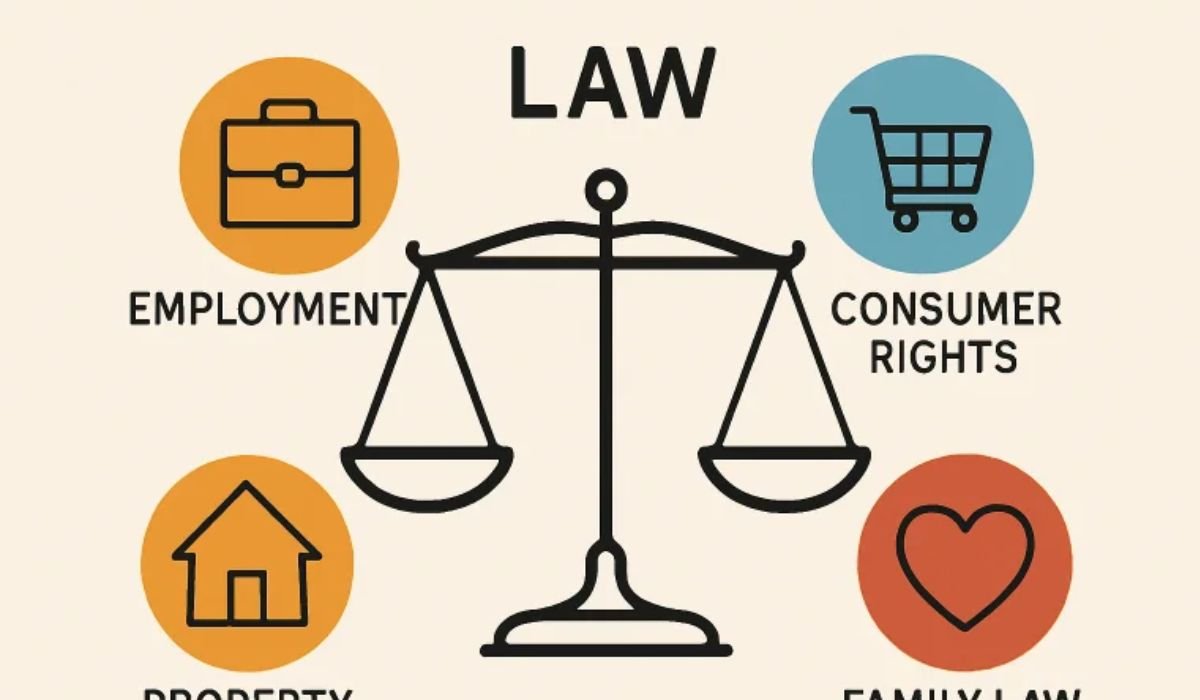Depression is a common mental health condition affecting millions worldwide. It impacts how people see themselves, their relationships, and the world, often causing persistent sadness, fatigue, or loss of interest in activities. These changes in perception are driven by the cognitive and emotional shifts of depression, not reality. Recognizing this is key to understanding the challenges faced by those affected.
Shifts in Self-Perception
Depression often causes individuals to see themselves in a negative light. Personal achievements may seem undeserved, and even small setbacks can feel insurmountable. These thoughts are frequently fueled by cognitive distortions, such as overgeneralization or all-or-nothing thinking, where individuals view situations in extremes rather than shades of gray. Over time, these patterns can erode self-esteem and make it difficult to recognize progress or potential for growth, further deepening feelings of hopelessness.
Impact on Relationships and Social Interactions
Depression doesn’t only affect how individuals perceive themselves; it also impacts their view of others and their social relationships. Those experiencing depression may withdraw from friends and family, feeling a sense of disconnection or isolation. Everyday conversations may feel exhausting, or they might assume others are judgemental or unsupportive, even without evidence. Small misunderstandings may feel magnified, leading to strained relationships. This cycle of social withdrawal can further isolate individuals, reinforcing feelings of loneliness and disconnection.
Cognitive Distortions and Their Role
Cognitive distortions play a significant role in altering perception for individuals with depression, distorting reality and creating a skewed understanding of events, relationships, and personal worth. These mental filters can erode confidence and create unnecessary stress in day-to-day life. Common distortions include:
- Catastrophizing: Assuming the worst-case scenario in situations, even when it’s unlikely.
- Personalization: Blaming oneself for events outside one’s control.
- Selective Abstraction: Focusing solely on negative details while ignoring positive aspects.
How Depression Alters Physical Perception
Depression doesn’t just affect thoughts and emotions, it can also alter physical perceptions as well. Studies suggest that individuals with depression may experience changes in how they process sensory input, such as light, sound, and time. These physical effects add another layer to how depression impacts daily life, making it harder to engage with the world in a balanced way.
Coping Strategies for Managing Perception
While depression can be challenging, some strategies can help manage its effects on self-perception and relationships.
- Challenge Negative Thoughts: Recognizing and questioning cognitive distortions is a useful first step. Keeping a journal to record and reframe negative thoughts may help bring perspective.
- Engage in Social Activities: Although difficult, maintaining connections with supportive friends or communities can mitigate feelings of isolation.
- Practice Self-Compassion: Treating oneself with kindness and understanding during challenging times can reduce the intensity of self-criticism.
- Seek Guided Support: Working with a mental health professional can provide tailored coping mechanisms and valuable insights into managing depression.
Overcoming Depression With Professional Support
Individuals experiencing depression are not alone, and help is available. Seeking professional care, such as therapy or counseling, can assist in addressing the root causes of depression. This process often involves learning new tools and perspectives that can improve daily life and relationships.
If you’re facing similar challenges, reaching out to a professional might be the first step toward finding relief and renewed balance in your life.











